One of the most important features of an electric car is the battery. Unlike traditional cars powered by gas or gasoline, electric cars are powered by one or more electric motors using energy stored in rechargeable batteries.
Table of Contents
It might appear like electric cars are the latest piece of modern technology in the Automobile sphere, especially for a country like Nigeria, but the truth is, that electric cars have been in existence for almost a century. However, in recent times, they have become more popular. Amongst the manufacturers of EVs, Tesla is arguably the foremost. Other car brands like Honda etc, have also taken bold strides in producing electric vehicles to meet the teeming demand for it.
The drive for electric cars is birth from the search for more environmentally friendly means of transport. Electric cars are a good escape route from the menace caused by CO2, the by-product of gasoline-powered cars. In fact, while you might not have an electric car, it’s possible you own a hybrid.
What are hybrid cars?
As the name implies, hybrid cars combine the features of both electric cars and gasoline-powered cars. They have both the Internal Combustion Engine (ICE) used in burning gasoline to generate power and propel the wheels in gasoline-powered cars as well as rechargeable batteries. However, the truth is, that the Internal Combustion Engine is the primary means of power in a hybrid car; while the rechargeable batteries are on reserve and come in handy in times of need.
Hybrid cars are on the Increase, and there is a high chance that the car you own is a hybrid.
Also Read:
- Cost Of Running An Electric Car In Nigeria
- What To Consider Before Buying An Electric Car In Nigeria
- Electric Car Prices In Nigeria – List Of Electric Cars In Nigeria
- Cheapest Electric Cars To Buy In Nigeria
Why Should You Consider an electric car?
More Economic
While it may appear that electric cars are more expensive than gasoline-powered cars, in the long haul, you will realize otherwise. Let’s be frank, gone are the days when owning an electric car could cost like 80 million NGN (except if you are looking to buy a Tesla, lol); there are cheaper brands which you can get for prices ranging from 10 million naira to 15 million.
With an electric car, you save heavily on buying fuel. In Nigeria for instance, the price of fuel seems to rise every now and then. Imagine, saving all of that fuel money to spend on something more productive.
Eco-friendly
Electrical cars are more eco-friendly. You not only preserve your health, but you also preserve the health of the environment and those around you. The more drivers opt for an EV, the less we have to worry about climate change, water pollution, health concerns, and other environmental issues.
Charging Your Electric Vehicle.
Now, let’s get down to business. How do you charge your electric vehicle? There are three major levels of charging you can employ, however, the first two are easily accessible in Nigeria.
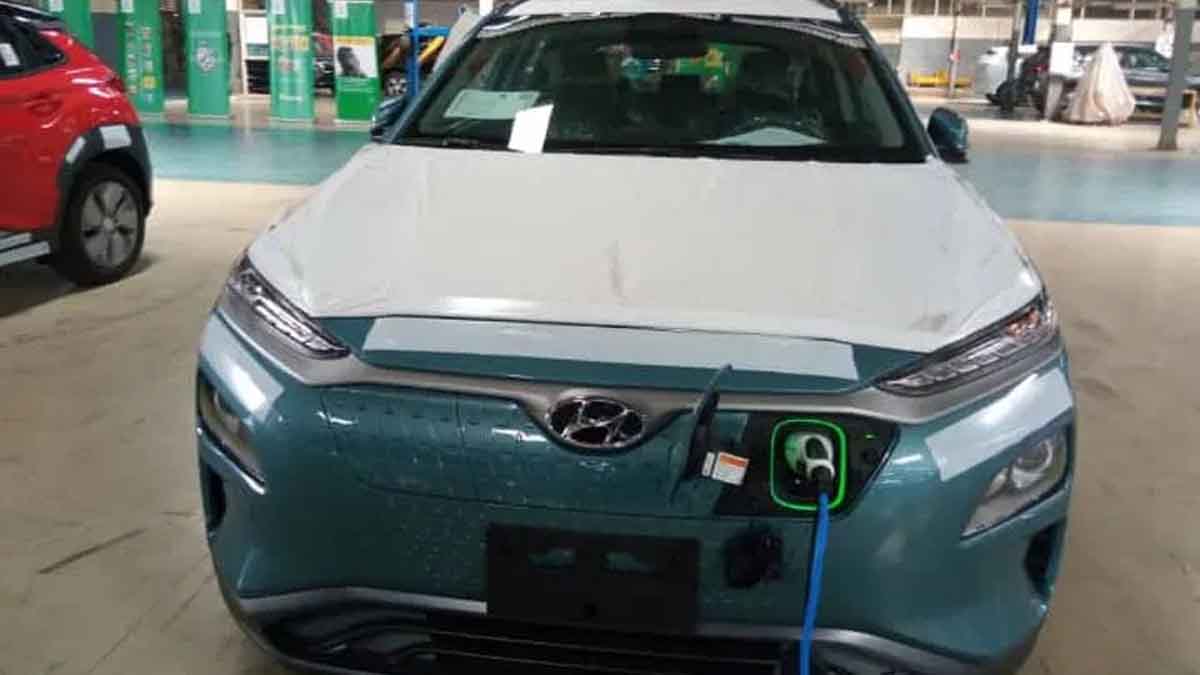
Charge with a standard 3-Pin connector or Type G socket
This charging system is actually the slowest, but it is very cost-efficient considering Nigeria’s electricity. This option is better enjoyed if you live in an area with sufficient light for about 12 hours, especially at night. This option involves you making use of the standard 3-point electric connector and your standard 240V type G electric socket. Endeavour to consult a certified EV installer to assist you in installing a standard charging point using the specifications supplied by the vehicle manufacturer.
Using this option, it takes an average of 6-12 hours of charge time for your battery to be at least 80% charged using the 3kW standard outlet. The best time to use this option is overnight charging. This implies that while you sleep, your car charges and you wake up to a fully-charged car battery, sufficient for daily rides.
Charge with a Dedicated Connector Cable
This utilizes a dedicated connector cable supplied by the vehicle manufacturer or one from a cable manufacturer with requirements that meet the vehicle standard and specification. This option will require that you install specific electrical components, as well as purchase the dedicated connectors supplied by the vehicle manufacturer.
This charging option is sufficiently faster than level 1, as it’s able to fully charge a dead battery in about 3-4 hours making use of fast connectors with power ratings ranging from 7 kW to 22 kW.
AC/DC Rapid Charge
This is the fastest charging option available which is able to fully charge your car battery within 45 minutes to one hour. This option utilizes rapid charges with a power rating of 50kW for the DC rapid chargers and 43kW for the AC rapid charger.
Oftentimes, this charging option is not what you find within the home, they are usually what you find in public charging stations which is not available in Nigeria at the moment. However, the Nigerian government has made a move to establish one in the country. On 8th April 2021, the Nigeria Automotive Design and Development Council (NADDC) inaugurated the first Electric Vehicle Charging Station in Nigeria, in Sokoto State. This gives hope that in the years to come, there will be more public charging stations in Nigeria.
Conclusion
The time taken to charge an EV varies and it is dependent on the type of connector, type of default vehicle charging system, type of battery, and the power rating of the electrical system in place.
In addition, note that different EVs come with a charging guide available in the owner’s manual. It’s important you go through this manual so as to know which charging option fits your car and how to go about it.
Have 1 million naira and above to Buy or Sell Cars In Nigeria? Check carlots.ng
All rights reserved. Reproduction, publication, broadcasting, rewriting, or redistribution of this material and other digital content on carmart.ng is strictly prohibited without prior express written permission from Carmart Nigeria - Contact: [email protected]

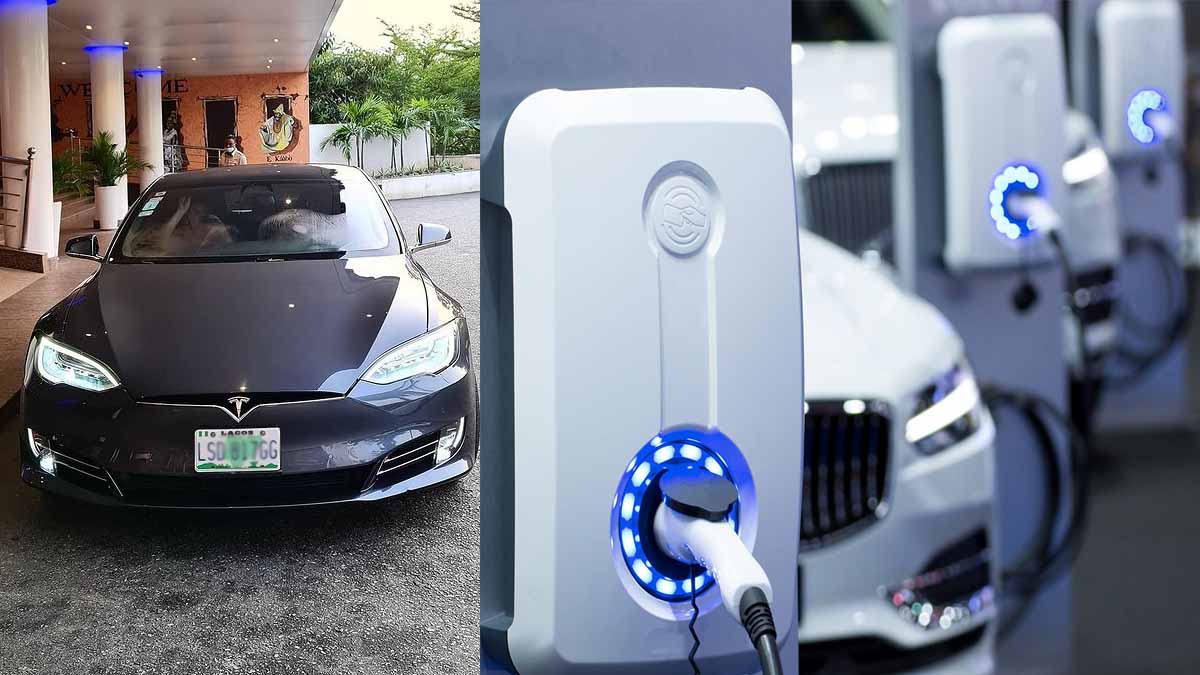
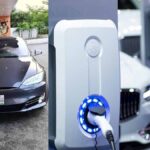



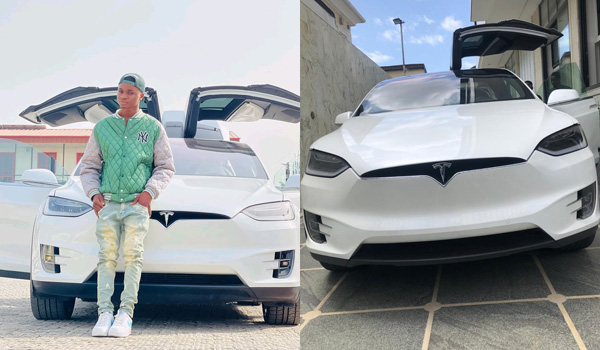
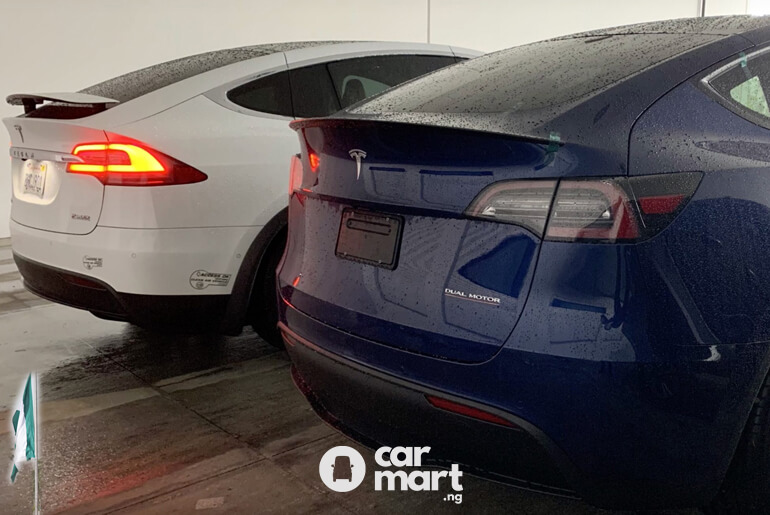
1 Comment
I had to read it twice. Very nice.